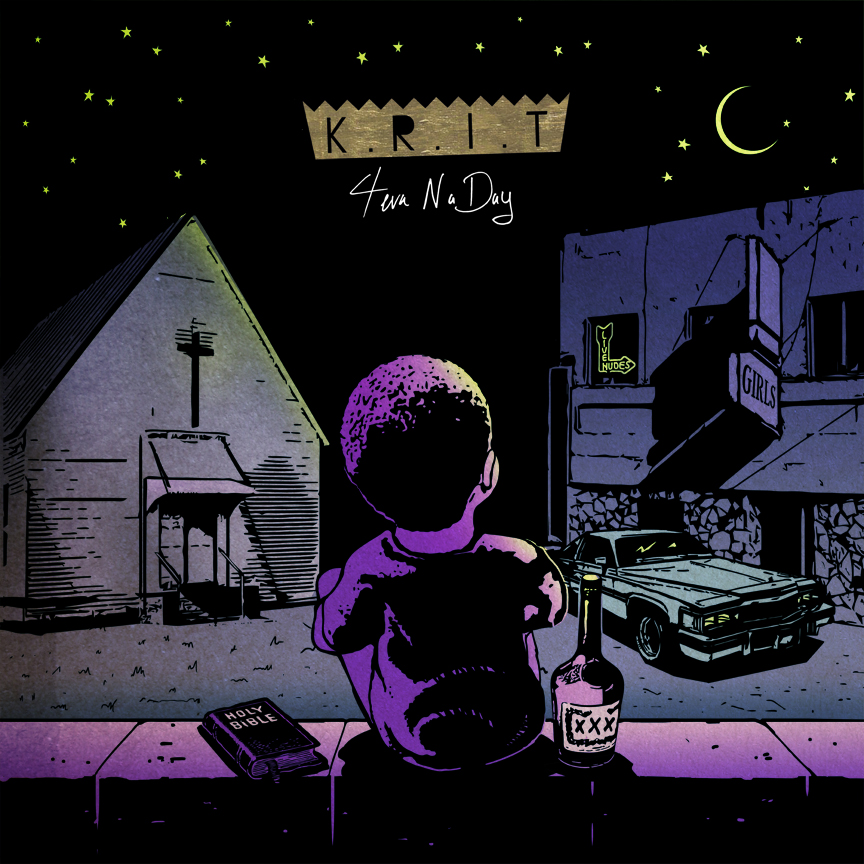Archive for February, 2012
6 Tips to Improve Twitter Link Click Through Rate
Dan Zarrella of Hubspot analyzed 200,000 tweets and drew the following conclusions about the success of various post components. Linda Bustos of Get Elastic took this one step further by breaking down each of the 6 tips here.
My translation of these tips:
- Aim for about 125 character tweets
- Place links in the first half of a tweet
- Always include a mention (@) and a hashtag (#)
- Use adverbs (profusely) to grab attention
- Create a good paper.li
- Make sure to tweet (or schedule tweets) during the weekend

Retro Gaming Roundtable #2: Most Significant Innovation
For the full Retro Gaming Roundtable, head over to our friends at Loud Mouthed Gamers (here).
Our fearless leader, @Nintendo_Legend built the @RetroRoundtable from scratch by collecting a group of interesting retro gamers (and me).

This week’s teaser: “In your opinion, what was the single most significant innovation in gaming?”
My Thoughts

The single biggest innovation is two things.

Confused? It’s ok. Everything is ok. (I will go slowly).
The single biggest innovation in gaming is the dual-analog control setup. So, yes, the “single” innovation is a “dual” thing. Not sold? Here’s a list of things that are NOT possible without a dual control setup:
1. Mario 64
2. Turok (that game is underrated, and the sequel criminally so)
3. Goldeneye 007
4. Halo
5. Call Of Duty/Battlefield/(Other Generic Shooters)

Ok, I admit it. I cheated and just listed a bunch of games that most people are fanatically in love with. I also included a few that are most likely not considered retro. It might be blasphemy for a retro group, but it helps me make my point, and, in the words of Cartman, “I do what I WANT.” (Video Bonus)
Time For Serious Pants
More seriously, the dual control setup is the most significant innovation in gaming. Early consoles dabbled but it was the Nintendo 64–and a few developers’ ingenious use of the C buttons (remember those little yellow buddies?) that advanced the scheme.
Mario 64, in its time, was not just the next Mario game–I’m looking at you Mario Sunshine–it was an evolutionary leap. Games went from amoebas to sentient apes overnight. Where were you the first time you saw it? The first time you played it?
I might not have been the N64 Kid, but I was so excited about the launch that I took two years of EGM Magazines and put Post-It Notes on every page that mentioned the console or any of its games. I was 11 and I was organized.
Looking Around Was Underrated
Do you remember the last time you got stuck in a game? Sure you do and I can probably guess the first thing you did–you probably looked around. Before dual control schemes, that was simply not an option. Control schemes have always evolved gaming–from the six-button Genesis pad to the Super Nintendo’s shoulder buttons to the Wiimote and Kinect. The dual control setup, and specifically the dual analog sticks, were the most significant innovation in gaming.

Excerpts from the Rest of the Roundtable:
Best Analogy: Beta Wizard

“If we saw Mario on the street, he would blend in with the crowd. Nothing special about him. Now that trait, is what brings us further in. In a world where superheros are fake and unapproachable, we have Mario, the Bruce Springsteen of heros. The Everyman.
Mario is our Dad, or our weird uncle or us in disguise. He acted in silent films, who wrote turn of the century poetry in Romania, he is a Turkish king, he works at my local pizza kitchen.”
Most Elegantly Simple Answer: Septicor & Josh Miller

Septicor:
“Saves let the individual keep track of their progress and let them get to the end on their own, without the need to sit there and forcing then to beat it at one go. While most games of the 70?s and early 80?s were measured in minutes of game play, games like Legend of Zelda, Dragon Warrior and Final Fantasy provided hours of fun and excitement without having to be there for hours straight.”

Josh:
“Get to world 5-2 of Super Mario Brothers and now your mom is harping on you to go to sleep? Well, you could pause it and just let it run until you can come back, a tactic I used many times, or, you can turn it off, better luck next time. Too bad it took you like two hours to get that far.”
Most Unique Perspective: Sean Ewington

“Third party publishers was a new idea, and with their talent Activision made it a successful one. Sure other companies like Nintendo and Konami were transitioning their businesses into publishing around the same time, but Activision founders’s decision to split marks an important ripple of competition and innovation.”
Retro Gaming Roundtable: Why Old Games Are Relevant (Excerpts)
For the full Retro Gaming Roundtable, head over to our friends at Loud Mouthed Gamers.
Our fearless leader, @Nintendo_Legend built the @RetroRoundtable from scratch by collecting a group of interesting retro gamers (and me).
This week’s teaser: “Why are old games still worth discussing?”
My Thoughts

“Better question: why not? Seriously though, retro games are still worth discussing for two reasons: history and foresight.
History
I’ll try to avoid that line about “doomed to repeat” and just say that appreciating old video games is no different than appreciating any other piece of culture. As a guy with a Latin degree, I may be biased, but I will say that studying past cultures is immensely valuable. Even more importantly, “studying” the history of games means you’re playing video games. One thing we can all agree on: playing old games is still freaking awesome. Plus, discussing old games allows us to connect the dots on how games evolved over time. Last year, Ubisoft released a fantastic side-scrolling beat-em-up for Scott Pilgrim vs. The World. On its own, this is a great game. With historical perspective, though, it rises to excellence. I argue that it never would have been so great without the legacy of Adventure Island, Double Dragon II, or Streets of Rage 2. The first reason to discuss old games: so that we appreciate past culture and its effect on our current culture.
Foresight
Beyond just appreciating the past, discussing old games gives us a critical eye as we look the future of gaming. I LOVE my retro collection but I also play every current-gen console too (tag: TyBlues95) and I cannot wait for Vita, Wii U…Xbox 1080, and PS 52. Discussing old games reminds me of the potential for some of the emerging developers–when I hear about the latest Suda 51 game (sidenote: please, please make another No More Heroes), I am reminded of the old quirk of Fester’s Quest and Deja Vu.When I look ahead to Journey, I think of the first time I had full access to the world map in Final Fantasy 1. Old games allow us to appreciate the fundamental emotions that all new games will be built upon.
History and future, nostalgia and foresight–these are the reasons to discuss old games. If we do both, maybe we can avoid being “doomed to repeat” some pieces of gaming history, I’m looking at you E.T. on Atari.
My Favorite Excerpts from Other Roundtable Members:
Best Overall Post: Sean Ewington

Deep comment: Mason Cramer, YouTube

“There actually is no such thing as “time” as people understand it in terms of hours, days, and years – so all “old” things are worthy topics of discussion and contain valuable undiscovered secrets.”
Most Unique Perspective: Peisinoe

“Old games are a lesson to programmers and developers. It might not be apparent how intricate coding in a seemingly simple game is, but they are simple enough to teach an aspiring game coder. They can learn from the old games on how to implement graphics, loops, and variables and actual game concepts.”
Best Narrative: Mr. Retro Sports

“Today we sit with our legs crossed in front of a television with a two(!) button controller in our hands and remember when life was easier”
First MLK Quote: Christopher Earls

“We are not the makers of History. We are made by History.”
Hyundai Veloster “Judge”
“You like Motorhead…”
